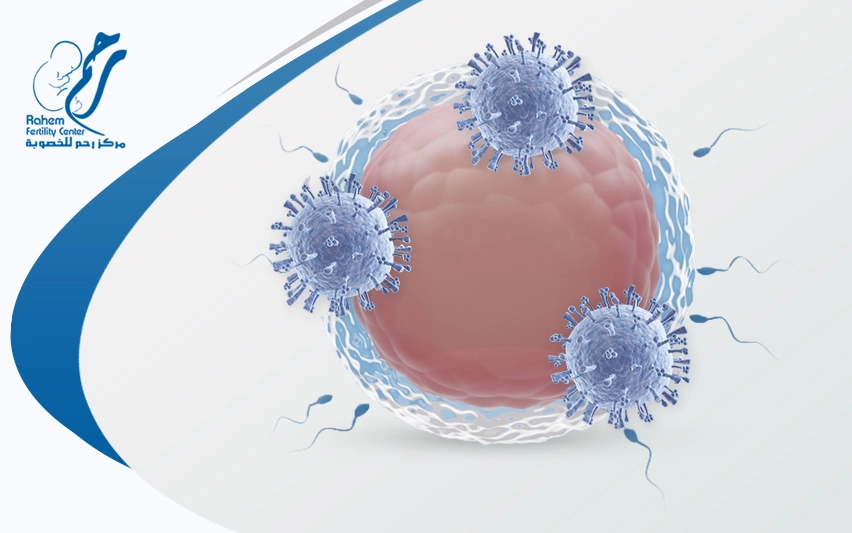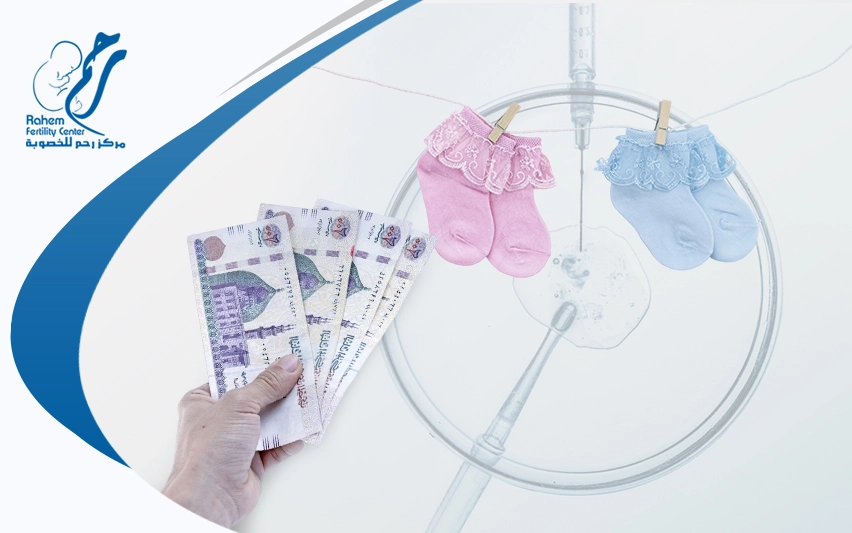What does IVF do to your mind while your body goes through each medical step? It’s a question people rarely ask out loud, but almost everyone who starts this journey feels it. Injections, clinic visits, and whispering hope come with significant emotional challenges.
Individuals undergoing IVF may appear fine from the outside, even hopeful. But inside, there’s often a mix of fear and uncertainty. Acknowledging the mental health aspects of IVF is a crucial step in the process. You’re recognizing that emotional well-being isn’t a side issue. It’s part of the process. It needs just as much care as the body you’re trusting with the dream of new life.
The Psychological Impact of IVF Is Real and Often Overlooked
IVF is more than a physical protocol. It is an emotional journey filled with hopes, doubts, and long waiting periods. These fluctuations can leave a profound mark on mental well-being. Many patients experience symptoms that mirror clinical anxiety or depressive episodes, especially after repeated cycles or failed attempts.
Understanding mental health and IVF means understanding that no hormone injection prepares you for the emotional rollercoaster. Emotional support is not a luxury during IVF; it is a medical need.
know more about: IVF Journey
Stress and IVF: A Two-Way Relationship
Does stress affect IVF success? And does IVF increase stress? The answer to both is yes. The two are linked in a complex cycle. The emotional toll of monitoring hormone levels, waiting for test results, and managing expectations can heighten stress levels dramatically.
Studies show that high stress may influence hormone regulation and even affect implantation. That’s why addressing stress and IVF together is critical. Coping techniques like guided breathing, sleep hygiene, and talking openly with your care team can reduce that hidden pressure.
Get your inquiry
At Rahem Center, our vision is to be at the forefront of distinguished scientific centers in the field of fertility assistance, not only in Egypt but in the world.

know more about: Mini ivf success stories
Mental health and IVF: The Fear You Don’t Say Out Loud
Even when things go smoothly, IVF brings a quiet fear that sits beneath the surface. Will the embryo stick? Did I do something wrong? Should I have waited another month?
These anxious thoughts can intensify in silence. Patients often feel they must “stay positive,” which can become another source of pressure. Facing anxiety and IVF openly, with professional support or peer connection, creates room to breathe and feel understood.
know more about: what technology is used in ivf
Depression and IVF: When Hope Feels Heavy
IVF can be isolating. Especially after failed attempts, many patients describe a fog of sadness they didn’t expect. Loss of interest in daily life, fatigue, and withdrawal are not signs of weakness. There are signs that depression and IVF may be coexisting and need to be addressed together.
Reaching out to a therapist familiar with fertility journeys can change everything. So can speak to a doctor who treats your mental health as part of your IVF plan.
know more about: ivf gestation calculator
IVF Isn’t Just About the Body. It’s About the Mind, Too.
Focusing on mental health and IVF means reclaiming control over a process that often feels overwhelming. Your resilience matters. Your emotions are valid. You don’t have to smile through uncertainty or pretend to be unshaken. The strongest IVF journeys are not only medical; they are emotional, supported, and real.
If you’re beginning or continuing this journey, speak with a fertility team that sees all of you. Not just your uterus.Your heart, your fears, and your mind.
If you are ready to begin your journey, contact Rahem Fertility Center today to schedule your consultation. Our medical team will then put a detailed roadmap in place for your treatment.
read more about: how many injections for ivf treatment










